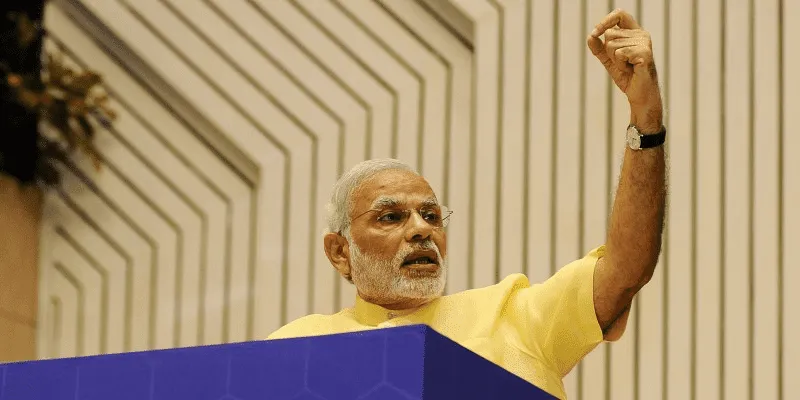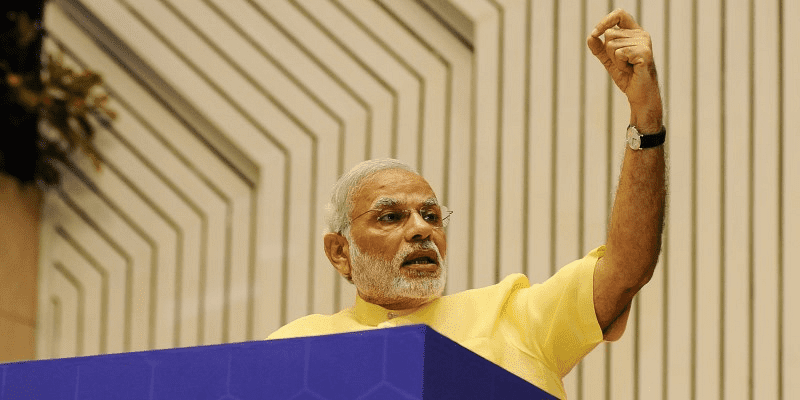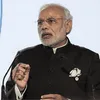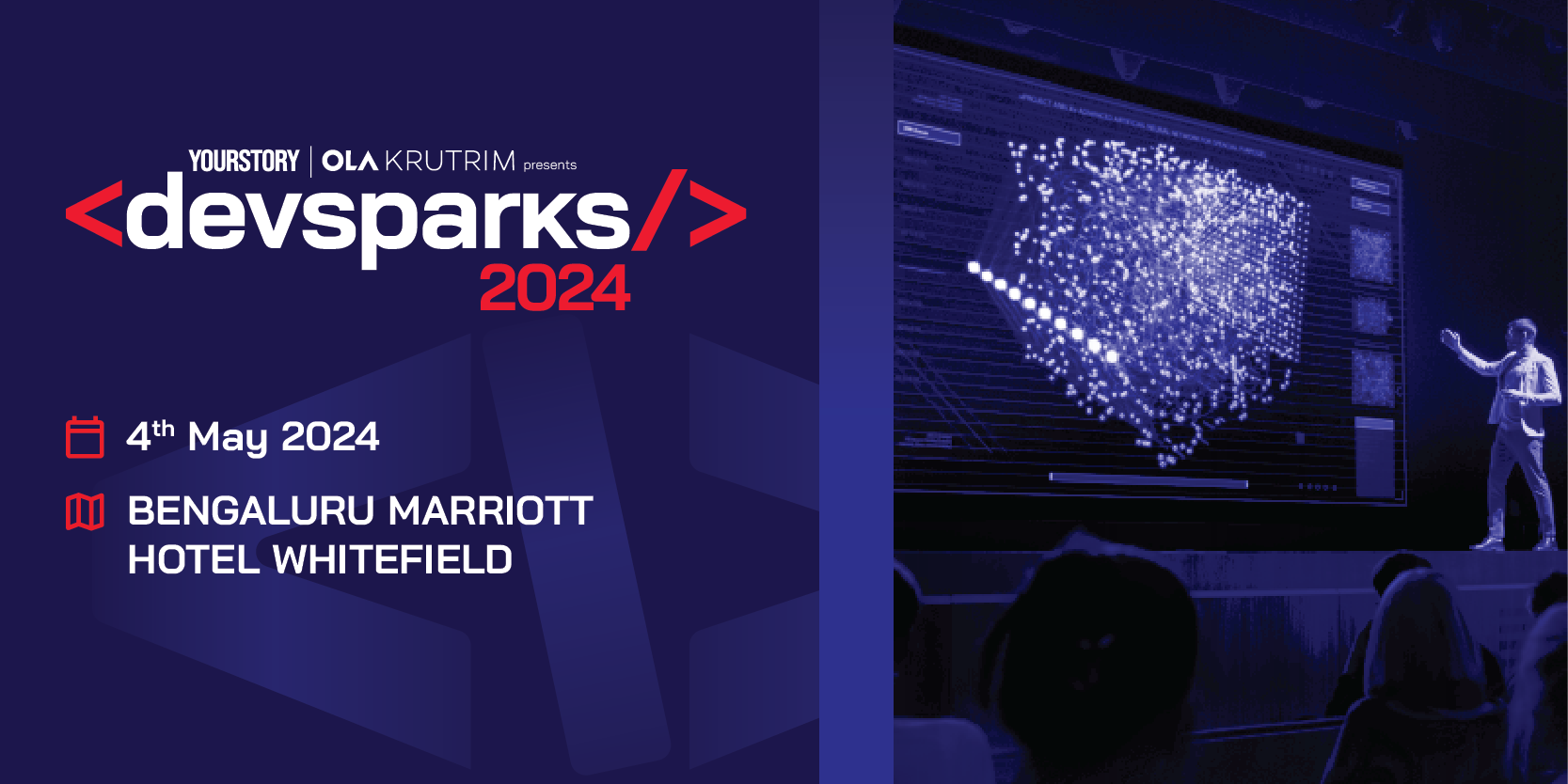PM Jan Dhan scheme completes six years, benefits 40.35 Cr people
The Pradhan Mantri Jan Dhan Yojana has helped people derive direct benefit transfers, COVID-19 financial assistance, and increased wages under MGNREGA over the years.
Over 40.35 crore people benefited from the Pradhan Mantri Jan Dhan Yojana (PMJDY), which was launched six years ago as a national mission for financial inclusion, Finance Minister Nirmala Sitharaman said on August 28 2020.
The Jan Dhan Yojana, which was announced by Prime Minister Narendra Modi in his Independence Day address in 2014, was launched on August 28 in the same year.

"The PMJDY has been the foundation stone for the Modi government's people-centric economic initiatives. Whether it is direct benefit transfers, COVID-19 financial assistance, PM-KISAN, increased wages under MGNREGA, life and health insurance cover, the first step was to provide every adult with a bank account, which PMJDY has nearly completed," Sitharaman said on the sixth anniversary of the scheme.
Financial inclusion is a national priority of the government as it is an enabler for inclusive growth, the finance ministry said.
It is important as it provides an avenue to the poor for bringing their savings into the formal financial system, an avenue to remit money to their families in villages, besides taking them out of the clutches of the usurious money lenders, it said.
Speaking on the occasion, Minister of State for Finance Anurag Thakur, said,
"Under the leadership of Prime Minister Narendra Modi, PMJDY has brought the unbanked into the banking system, expanded the financial architecture of India, and brought financial inclusion to over 40 crore account holders, and a majority of the beneficiaries are women and most of the accounts are from rural India."
"In today's COVID-19 times, we have witnessed the remarkable swiftness and seamlessness with which Direct Benefit Transfer (DBTs) have empowered and provided financial security to the vulnerable sections of society. An important aspect is that DBTs via PM Jan Dhan accounts have ensured every rupee reaches its intended beneficiary and prevented systemic leakage," he said.
Total deposit balances under PMJDY accounts was at Rs 1.31 lakh crore and the average deposit per account stood at Rs 3,239.
PMJDY is a national mission for financial inclusion to ensure access to financial services namely, savings and deposit accounts, remittance, credit, insurance, and pension in an affordable manner.
In 2018, the government launched PMJDY 2.0 with enhanced features and benefits. Under the new version, the government decided to shift focus from 'Every Household' to 'Every Unbanked Adult,' and free accidental insurance cover on RuPay cards doubled to Rs 2 lakh for PMJDY accounts opened after August 28, 2018.
At the same time, overdraft (OD) limit too doubled to Rs 10,000 and facility of OD up to Rs 2,000 without conditions was brought in.
In the last one-year, nearly 3.6 crore Jan Dhan accounts were opened, leading the aggregate number to 40.35 crore as on August 19, 2020.
As per extant RBI guidelines, a PMJDY account is treated as inoperative if there are no customer induced transactions in the account for two years. In August 2020, out of total 40.35 crore PMJDY accounts, 34.81 crore or 86.3 percent were operatives, it said.
The finance ministry said the endeavour is to ensure coverage of PMJDY account holders under micro-insurance schemes and improving access of PMJDY account holders to micro-credit and micro-investment such as flexi-recurring deposit, etc.
Edited by Suman Singh









![[Funding alert] SATYA MicroCapital raises Rs 72.5 Cr from BlueOrchard Finance](https://images.yourstory.com/cs/2/11718bd02d6d11e9aa979329348d4c3e/shutterstock1445565344-1595835389375.png)

![[Weekly funding roundup April 20-26] VC investment dips as startups resort to debt capital](https://images.yourstory.com/cs/2/220356402d6d11e9aa979329348d4c3e/funding-lead-image-1669386008401.jpg)